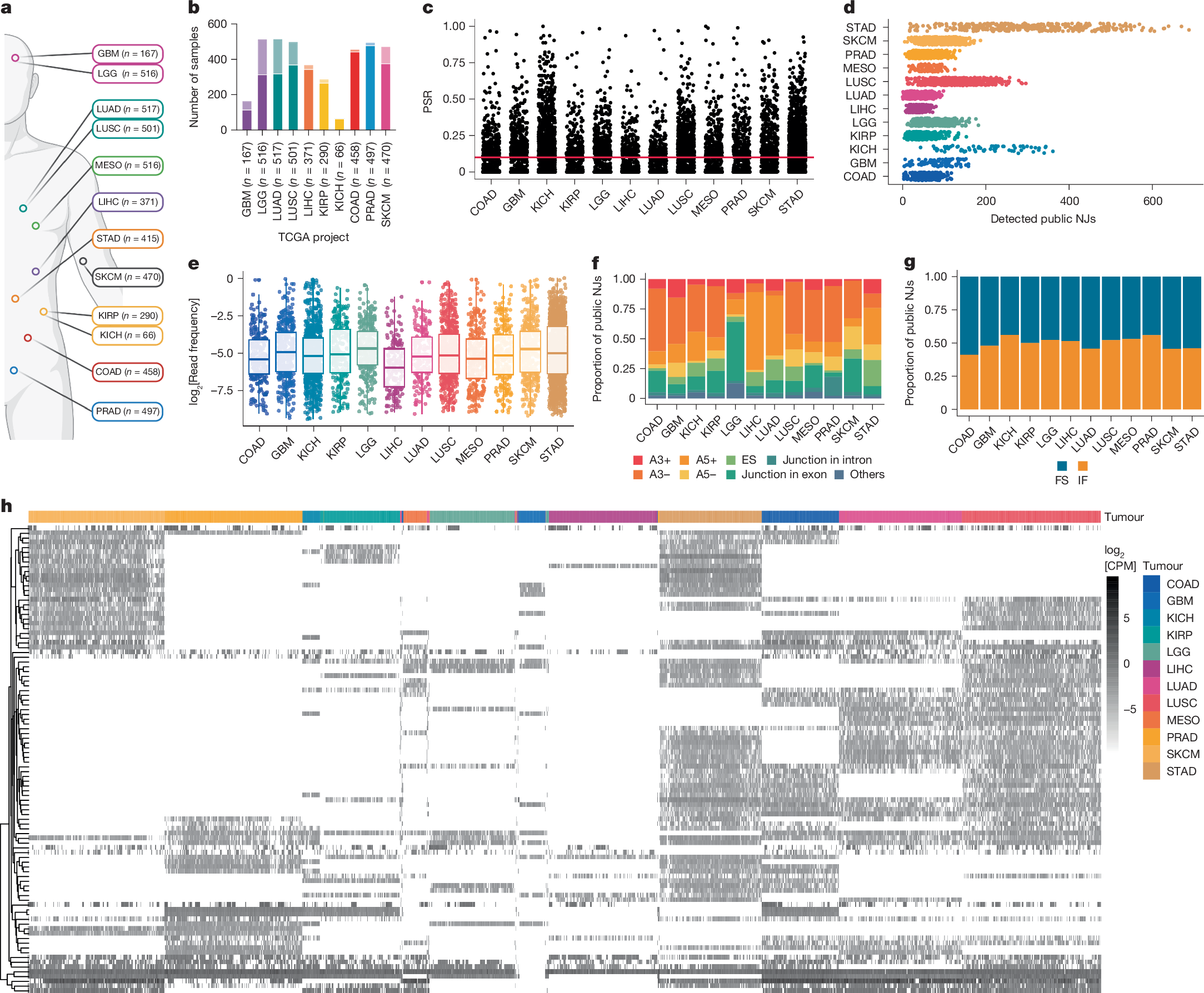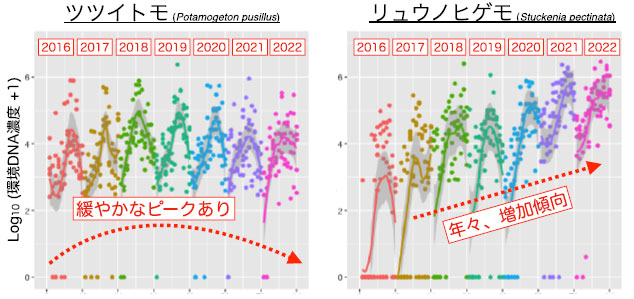2025-02-19 カリフォルニア大学サンフランシスコ校(UCSF)
<関連情報>
- https://www.ucsf.edu/news/2025/02/429476/jumbled-proteins-paint-bold-target-backs-brain-tumors
- https://www.nature.com/articles/s41586-024-08552-0
腫瘍全体のRNAスプライシング異常が実用的な公的新抗原を生み出す Tumour-wide RNA splicing aberrations generate actionable public neoantigens
Darwin W. Kwok,Nicholas O. Stevers,Iñaki Etxeberria,Takahide Nejo,Maggie Colton Cove,Lee H. Chen,Jangham Jung,Kaori Okada,Senthilnath Lakshmanachetty,Marco Gallus,Abhilash Barpanda,Chibo Hong,Gary K. L. Chan,Jerry Liu,Samuel H. Wu,Emilio Ramos,Akane Yamamichi,Payal B. Watchmaker,Hirokazu Ogino,Atsuro Saijo,Aidan Du,Nadia R. Grishanina,James Woo,Aaron Diaz,… Hideho Okada
Nature Published:19 February 2025
DOI:https://doi.org/10.1038/s41586-024-08552-0

Abstract
T cell-based immunotherapies hold promise in treating cancer by leveraging the immune system’s recognition of cancer-specific antigens. However, their efficacy is limited in tumours with few somatic mutations and substantial intratumoural heterogeneity. Here we introduce a previously uncharacterized class of tumour-wide public neoantigens originating from RNA splicing aberrations in diverse cancer types. We identified T cell receptor clones capable of recognizing and targeting neoantigens derived from aberrant splicing in GNAS and RPL22. In cases with multi-site biopsies, we detected the tumour-wide expression of the GNAS neojunction in glioma, mesothelioma, prostate cancer and liver cancer. These neoantigens are endogenously generated and presented by tumour cells under physiologic conditions and are sufficient to trigger cancer cell eradication by neoantigen-specific CD8+ T cells. Moreover, our study highlights a role for dysregulated splicing factor expression in specific cancer types, leading to recurrent patterns of neojunction upregulation. These findings establish a molecular basis for T cell-based immunotherapies addressing the challenges of intratumoural heterogeneity.


